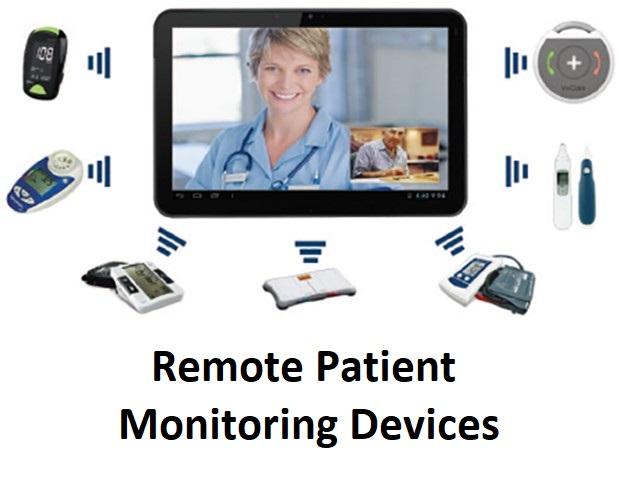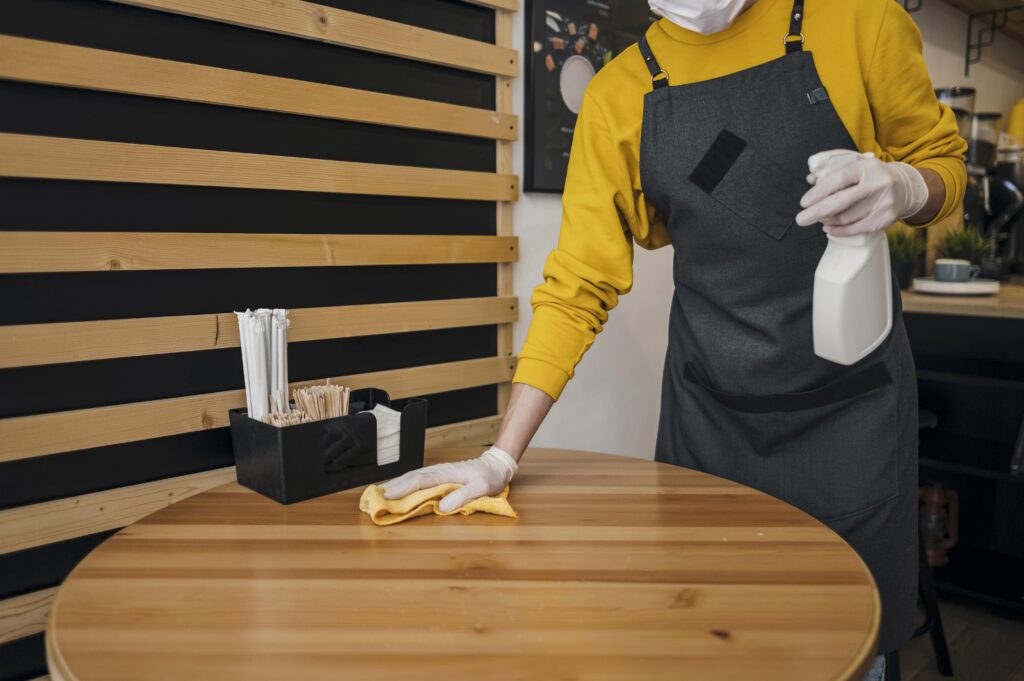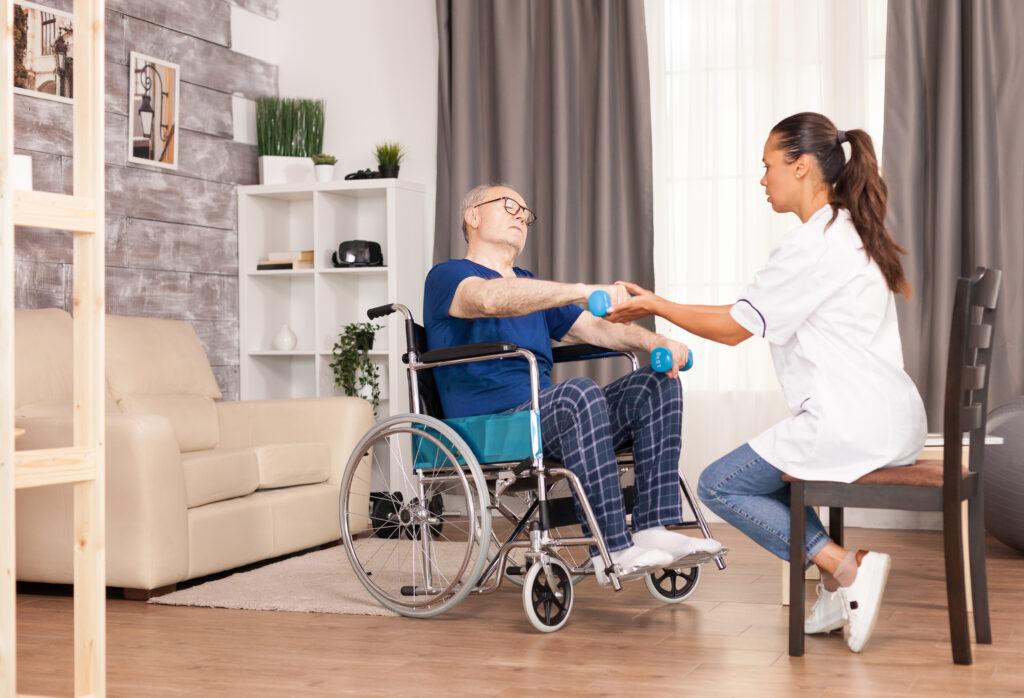The flu / common cold season is coming.A s we age, our immune systems often aren’t able to fight off infections as effectively as they once did. During this season viruses such as colds and flu can circulate widely,potentially be a dangerous time for older adults. Colds can cause a sore throat and sneezing, and flu brings a high fever, stuffiness, aches, and chills. Both can progress to pneumonia, a serious disease that might be fatal in older adults.
How to reduce your risk of getting sick:
- Get a flu shot
- Get a pneumonia vaccine
- Wash your hands with soap and water, after being around someone who’s sick, or blowing your nose, coughing, or sneezing
- Try to avoid touching your eyes, nose, and mouth—places for viruses to enter your system
- Keep away from sick people
If You Do Get Sick
Even if you’re diligent, it’s possible you’ll come down with a cold or the flu. If you do, here’s what to do next:
Pay attention to your symptoms flu vs cold
Colds and the flu aren’t the same; they usually present differently. With a cold, symptoms come on gradually, and you probably won’t have a fever but will have a sore throat followed by sneezing, stuffy or runny nose, and a cough. With the flu, initial symptoms such as fever, chills, and fatigue usually come on suddenly. Colds usually resolve after a few days, but the flu often lasts longer than a week.
Use the right medication to treat flu/common cold
- Choose a cold medication without decongestants – pseudoephedrine. Decongestants relieve nasal stuffiness by narrowing blood vessels and reducing swelling in the nose. This narrowing can affect other blood vessels as well, which can increase blood pressure. Even when taken at indicated dosages, there are serious risks when older adults take this medication, such as hypertension, vasospasm, arrhythmia, and stroke. Older adults need to be educated when taking pseudoephedrine in conjunction with other proarrythmic medications such as beta-blockers or digoxin due to an increased risk of arrhythmia.
- Take a pain reliever. To relieve a fever, sore throat or headache or body aches, try aspirin or acetaminophen. Don’t take Ibuprofen / Advil based cold medications because older adults are more likely to have serious side effects, like intestinal bleeding, upset stomach and high blood pressure.
- Use saline nasal spray. To relieve nasal congestion, try saline nasal spray. The spray can help flush your sinuses. Or topical nasal spray with decongestant, that most probably won’t increase your blood pressure.
- Soothe your throat. To relieve a sore or scratchy throat, gargle with warm salt water or chew lozenges with antiseptic and anesthetic
- Drink plenty of fluids. Water, juice, tea and soup can help clear your lungs of phlegm and mucus.
- Increase the humidity in your home. Use a cool-mist humidifier or vaporizer to moisten the air, which may ease congestion and coughing.
- Get plenty of rest. If you’re not feeling well, take it easy.
- Take Zinc lozenges to boost your immune system. Taking Vitamin C and Echinacea show no benefit in prevention or treatment of cold.
Most importantly remember that if your signs and symptoms get worse or last more than 10 days, visit your doctor. You may need prescription medication to prevent complications such as pneumonia.










